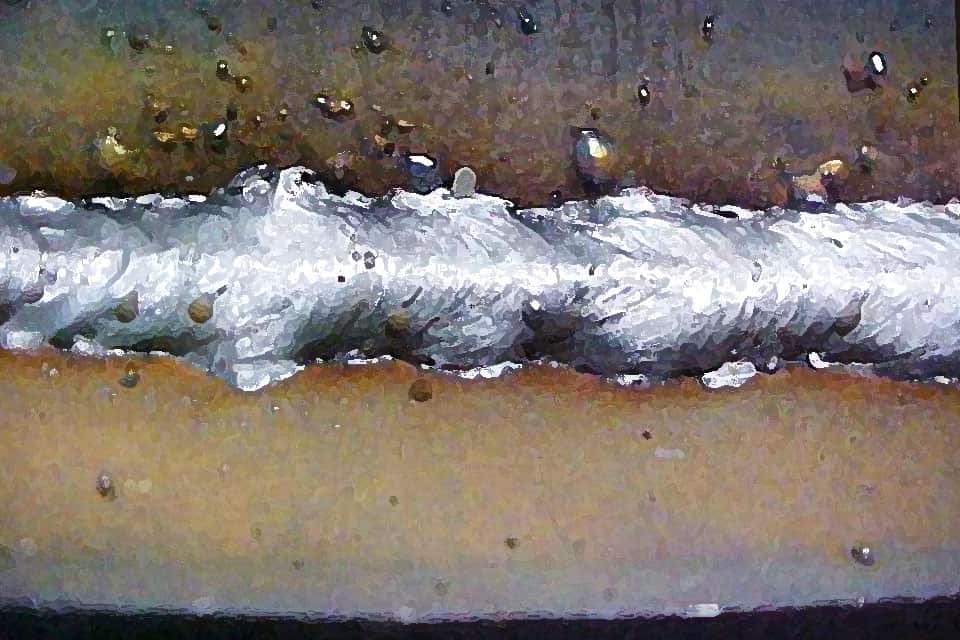Excess “Weld Spatter” Has Been Disabling Airbags in the 3rd Generation Mazda6
- Excess welding material, known as splatter, is making contact and disabling important electrical components.
- Weld splatter has been blamed for disabling everything from airbags to power steering.
- After years of problems Mazda recalled vehicles with excessive weld splatter in 2017.

Weld splatter is excess droplets that accumulate near a weld. It’s a sign of sloppy or inexperienced work. But aside from visual appeal, splatter is usually harmless and for years Mazda tried to pass off splatter complaints as no big deal.
Except it is a big deal.
The weld splatter on the front seats of some 2015-2016 Mazda6 vehicles is significant enough that it rubs up against the occupant classification sensor wire harness when someone puts their butt in the seat. That’s enough to disable the Occupant Classification System (OCS) which tells the airbags when to deploy.
It can also lead to further electrical issues that disables the power steering. When it announced its recall in 2017, Mazda finally opened up about the problem.
"Mazda6 owners can expect damage to the wiring that can lead to a short-circuit and trigger multiple warning lights as the airbag is disabled and the power steering is lost."
If only it hadn’t taken them two years to arrive at their conclusion:
- December 2015 Mazda engineers investigated reports of all the dash lights coming on at one. They confirmed that the insulation on the OCS was damaged due to weld spatter. Mazda altered production by adding protected pads to the seat frames.
- February 2016 Mazda skipped a recall after claiming there was a low chance for “disasters” and that a driver could still control the car even if problems occurred.
- November 2016 Mazda received 13 field reports about the harness problem, but the automaker said the incident rate was too low to do anything.
- September 2017 Mazda issues a recall for the problem after meeting with the National Highway Traffic Safety Administration (NHTSA).
Generations Where This Problem Has Been Reported
This problem has popped up in the following Mazda generations.
Most years within a generation share the same parts and manufacturing process. You can also expect them to share the same problems. So while it may not be a problem in every year yet, it's worth looking out for.
3rd Generation MAZDA6
- Years
- 2013–2020
- Reliability
- 27th out of 36
- PainRank™
- 6.59
- Complaints
- 93